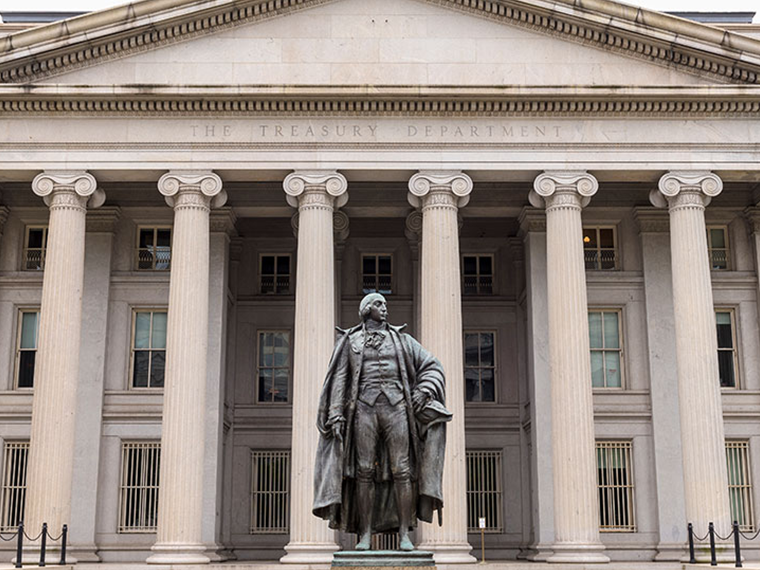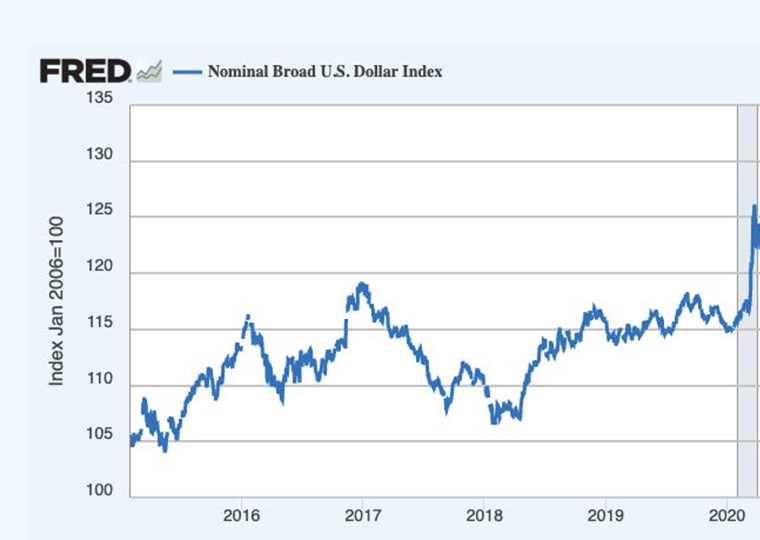Putting the onus on retailers, rather than shoppers, works better
Despite Benjamin Franklin’s assertion that nothing is certain but death and taxes, until recently, taxes on online retail sales were anything but certain. And as internet shopping spread, states and municipalities became acutely aware of missing out on a major source of revenue: sales tax.
UCLA Anderson Forecast’s Leila Bengali, in a report, explores to what extent a 2018 Supreme Court decision helped California recapture sales tax. The ruling, in the case of South Dakota v. Wayfair, Inc., shifted from buyers to sellers (online retailers) the obligation to collect sales tax and remit it to the government entity that set the levy.
Before the decision, a Californian buying a $200 pair of rare Nike sneakers from an online shop based in New York would likely be responsible for reporting their purchase to the California authorities and paying the 7.25% state sales tax, plus whatever additional taxes are levied by local governments. You can imagine how many California buyers went through the trouble of doing that.
Shifting the responsibility to retailers made sense. It’s easier for an online business to track and collect sales tax at the time of a sale, and eventually remit these monies, as it pays other taxes that are a regular part of doing business. It is also more costly, if not impossible, for the state to pursue hundreds or thousands of individual buyers versus a single company that transacts with hundreds or thousands of buyers.
A Case of Intended Consequences
Bengali uses taxable sales data from the California Department of Tax and Fee Administration to illustrate that, indeed, the total value of taxable transactions reported to the state is higher now. And revenue — the amount of tax collected on those reported transactions — will have increased as a result.
California implemented a law, AB 147, with two parts: As of April 1, 2019, it made out-of-state sellers responsible for collecting and remitting sales tax on purchases made by people in California. As of Oct. 1, 2019, online marketplaces such as Etsy or eBay were also required to gather and remit sales tax on behalf of all the platform’s sellers.
Before the pandemic hit, the law appeared to have an immediate effect. “In both the second and fourth quarters of 2019, reported taxable sales increased relative to the prior quarter, particularly in the fourth quarter of 2019,” Bengali notes, which is when the law would have come into effect for both groups of sellers.
The data also show an interesting pattern of regional variation: The counties showing the highest year-over-year growth tended to be the smallest and most remote counties, such as Sierra and Yuba. This could be explained by the fact that rural and smaller counties have fewer bricks-and-mortar shopping options and make relatively more online purchases.
Few Percentage Point Growth vs. 40% Growth
To check that this change is indeed due to AB 147’s implementation and not external factors such as macroeconomic conditions, consumer preferences or changes in disposable income, Bengali compares reported taxable sales across different business types. She uses food and beverage businesses as a comparison, since the vast majority of purchases of food and beverages are at local physical locations, such as bars and restaurants.
While year-over-year reported sales tax grew by a few percentage points for food and beverage stores, it rose by nearly 40% for nonstore retailers, another way of describing e-commerce sites.
As Bengali notes, sales taxes generated $65.5 billion in California state revenue in fiscal year 2020-2021 and $59.1 billion the prior fiscal year.
Although the analysis is of reported taxable sales, and not revenue collected specifically, “more reported taxable sales mean more sales tax revenue,” Bengali notes. “Taxable sales forecasts are key to many local government agencies,” she adds. This area of tax collection could grow even more rapidly as shopping continues to migrate away from brick-and-mortar shopping to online retail, which is a fast-growing retail sector.
Featured Faculty
-
Leila Bengali
Economist, UCLA Forecast
About the Research
Bengali, L. (2021). How Does Changing the Statutory Incidence of Sales Tax Affect Reporting and Tax Collection? The Wayfair Decision and AB 147. The UCLA Anderson Forecast for the Nation and California.






